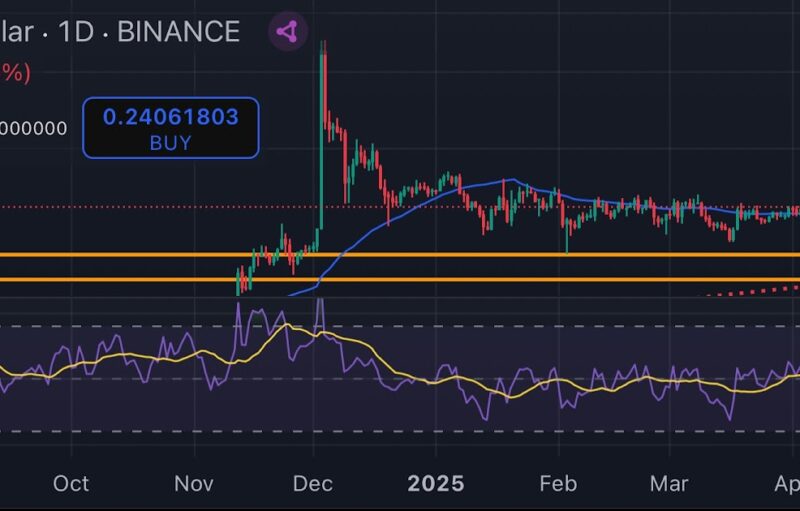Although Facebook doesn’t plan to launch its new Libra cryptocurrency and a complementary digital wallet until 2020. But it has already acquired a major global attention. Huge firms in the cryptocurrency space are eager to jump on its popularity and collaborate with the platform.
On August 18th, Zengo, one of the a non-custodial keyless cryptocurrency wallet solution, announced to support the Libra testnet. As per the announcement, users can now send and receive Facebook’s new cryptocurrency, just like any other cryptocurrency in ZenGo.
The post also pointed out that the testnet funds don’t hold any real value and are only for testing purposes.
As per the blog post, Users who liked to experiment with Libra, can turn on Libra testnet from the Account tab in the wallet. Once you turn on the feature, make sure your wallet is backed up, and the ZenGo platform shall transfer the first Libra.
Moreover, The ZenGo team said that the Libra’s testnet is still in the testing phase. Thus, it could be periodically reset for maintenance and upgrades ,at that point all the data on the network gets reset along with all transaction history and balances.
Reason Behind ZenGo Supporting Libra Testnet
The platform claim that, Libra is the first project that makes cryptocurrency accessible to billions of people around the world. This aligns perfectly with ZenGo’s mission to build a simple yet secure wallet that enables everyone to use cryptocurrency.
As this cryptocurrency is an open-source project. By integrating it early the platform was able to identify some missing features and also suggest improvements to Libra code. Additionally, Zengo believes that
“Being involved with Libra at an early stage means that we’ll be fully prepared to support the mainnet once it becomes truly operational”.
The platform also claim that this gives an excellent opportunity to their customers to run risk-free experiments and learn about cryptocurrency and ZenGo.
What is your opinion on this support for Libra? Share your thoughts on our Facebook and Twitter pages.
The post appeared first on Coinpedia






